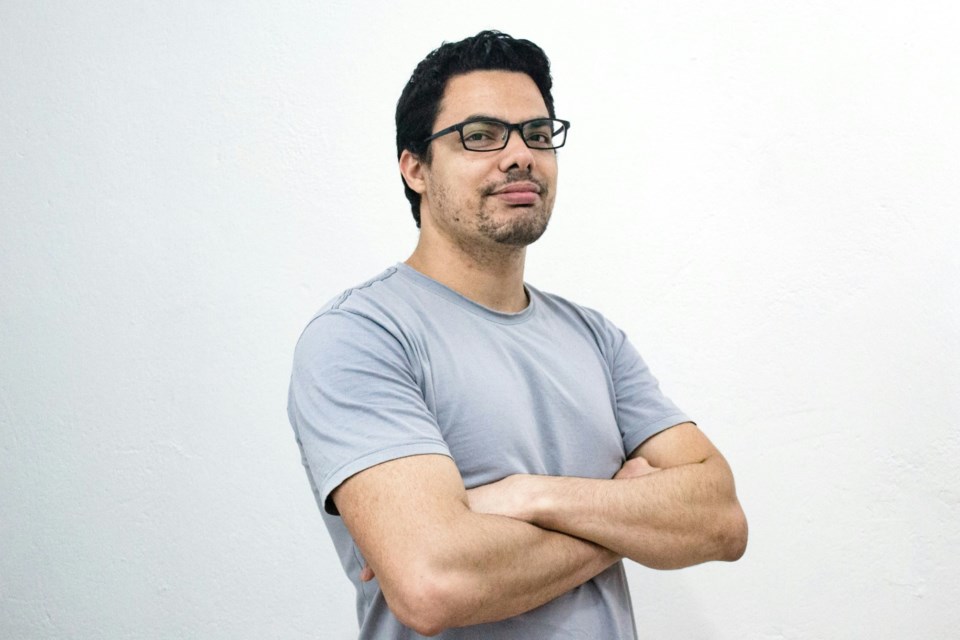When we think of the word “progressive,” we usually picture someone who stands for social justice, equality, and civil rights. The idea is to move society forward by challenging injustices, promoting inclusivity, and giving a voice to those who need it most.
But lately, there’s been a growing feeling that many of today’s self-identified “progressives” don’t actually live up to these ideals. Instead, they seem to be using progressive policies as a way to push agendas that are more about control and less about genuine progress. So, the question is: are today’s “progressives” truly progressive, or is something else going on?
At the core of progressivism is the belief in freedom of opinion – the idea that everyone should have the right to express their views and engage in open debate. This is essential for a movement that claims to be about advancing civil rights and making society more just. But, in practice, many of today’s “progressives” seem to be doing the opposite. Instead of encouraging dialogue, they often shut it down, labelling opposing views as intolerant or regressive.
Take cancel culture. It’s become a common tool used to silence people who express unpopular opinions or challenge certain “progressive” ideas. While the goal may be to protect vulnerable groups or prevent harm, the effect is often the suppression of free speech. Instead of fostering discussion, it creates an environment where people are afraid to speak out, which contradicts the very essence of progressivism. After all, how can we move forward if we can’t even have honest conversations?
Here’s where terms like “authoritarian progressivism” or “illiberal progressivism” come into play, even if they seem contradictory at first glance. These terms describe the growing trend of using progressive ideals to justify controlling or limiting freedoms. Under the guise of promoting social justice, we see situations where those in power use heavy-handed tactics to enforce their vision of what’s right – often without room for dissent.
A clear example of “authoritarian progressivism” or “illiberal progressivism” was the Trudeau government’s use of the Emergencies Act during the 2022 trucker protests. The use of the Act was framed as necessary for maintaining order and protecting public health, but it also raised questions about civil liberties. Was this about protecting progressive values, or was it more about exerting control over a situation where the government didn’t like the dissenting voices? When actions like these are taken in the name of “progressivism,” it starts to look more like authoritarianism dressed up as social justice.
Another key issue is that many of today’s “progressives” may be using progressive causes as a tool to further their own political or personal ambitions. It’s not uncommon to see people or organizations champion causes like climate change, gender equality, or racial justice, not because they genuinely care about these issues but because these causes are popular and give them a certain moral authority.
By aligning themselves with progressive movements, these individuals or groups gain political capital or social credibility, while their actual actions may tell a different story. For example, a company might promote its commitment to the environment while engaging in practices that are harmful to the planet. Or a politician might push for social justice reforms while simultaneously supporting policies that limit freedom of speech or political opposition.
This kind of coercive progressivism reveals a troubling contradiction. When “progressivism” becomes a tool to manipulate public opinion or silence opposing voices, it ceases to be truly about progress. It’s no longer about making society better – it’s about maintaining control and advancing personal or political interests.
So, are today’s “progressives” really living up to the ideals of progressivism? Based on their actions, it’s hard to say yes. While they may advocate for social justice and equality, their approach often involves stifling dissent, controlling the narrative, and using progressive causes for political gain. This goes against the core principles of progressivism, which should be about encouraging open dialogue, protecting civil liberties, and making society more inclusive.
Instead, we’re seeing a version of progressivism that’s more about control than about real progress. Whether it’s using authoritarian tactics to suppress dissent or manipulating progressive policies for personal or political advantage, today’s “progressives” often contradict the very values they claim to uphold.
In the end, many of today’s self-described “progressives” might be progressive in name, but not in practice. The movement that once stood for freedom, inclusivity, and democratic participation now seems, in many cases, to be more about enforcing conformity and limiting open debate. True progressivism should be about fostering conversation and advancing civil rights for all – not just for those who agree with the current dominant narrative.
©
The commentaries offered on ¬È∂π ”∆µ.ca are intended to provide thought-provoking material for our readers. The opinions expressed are those of the authors. Contributors' articles or letters do not necessarily reflect the opinion of any ¬È∂π ”∆µ.ca staff.




